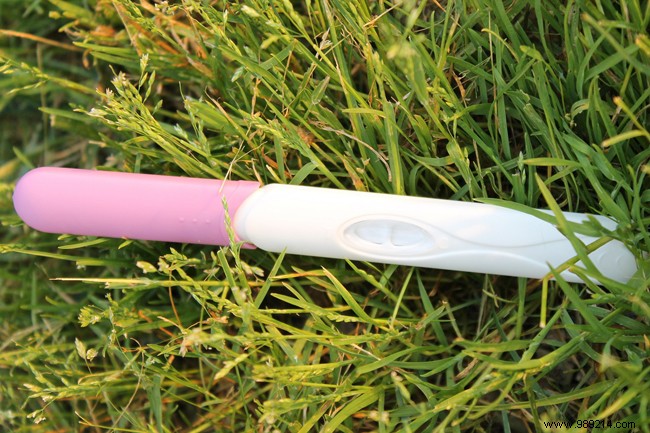
Experiencing a miscarriage is profoundly heartbreaking. These losses can occur at any stage, yet proactive steps can help prevent them and reduce risks.
The vast majority of women who miscarry go on to have healthy, full-term pregnancies. As obstetric experts, we outline essential facts on miscarriage—from types and risk factors to symptoms and diagnosis—to empower you with knowledge.
In medical terms, a miscarriage (or spontaneous abortion) is the unintended loss of a pregnancy before 20 weeks of gestation. The embryo or fetus is expelled naturally from the uterus but is not yet viable outside the womb. Losses after 20 weeks are classified as stillbirths. Though most occur early, the emotional pain is no less real. Crucially, a miscarriage is never your fault. While often a private grief, miscarriages are far more common than many realize.
About 1 in 5 confirmed pregnancies ends in miscarriage, and many more go unnoticed. Even if no one close to you has shared their story, statistics show it's widespread. Modern home pregnancy tests have simply made early detection more common—they've always happened.
Miscarriages affect women worldwide, but certain risk factors elevate the odds:
Research consistently shows older maternal age increases risk, likely due to chromosomal issues in eggs or sperm. Around 1 in 3 pregnancies after age 40 ends in miscarriage.
Deficiencies in vitamin D, B vitamins (like folic acid or B12), or others can heighten risks, as studies link them to conception and pregnancy maintenance challenges. Supplementation often helps. Conversely, excess vitamin A can be harmful. Balanced prenatal vitamins are key; beyond them, evidence doesn't strongly support extras for miscarriage prevention.
Thyroid hormones influence pregnancy hormones. Both hypo- and hyperthyroidism are associated with higher miscarriage rates.
Women with obesity (BMI 30+), in particular, face significantly elevated risks.

Smokers have a higher miscarriage risk than never-smokers. Heavy alcohol use by either parent near conception also correlates with increased rates. If planning pregnancy, quitting smoking and limiting alcohol is essential.
Exposure to lead, mercury, solvents, or ionizing radiation raises risks, often in agricultural or industrial settings rather than homes.
Conceiving within 6 months of a prior birth may increase miscarriage risk (though not conclusively proven) and other issues like preterm birth. Allow time for uterine recovery.
Most miscarriages are preventable through healthy habits. Unless diagnosed with issues like thyroid problems or clotting disorders, doctors recommend:
Reassuringly, most women who've miscarried enjoy successful future pregnancies. Recurrent losses (3+)? Testing can identify underlying causes.